Thorough Thursday is a post consisting of paragraphs that contain spelling and/or grammatical errors. The paragraphs with the errors corrected and highlighted in red can be found at the end of the post.
Note: The purpose of the Challenge is thoroughness. You're only looking for errors in spelling and/or grammar. Names and places will NOT be misspelled, nor will there by any changes to punctuation or sentence structure. In addition, if there is a word that may have more than one accepted spelling, those also will not be changed.
Your Challenge today takes a look at how to pronounce "2010," and contains 6 errors. Good Luck!
How do you say the current year? Now that we've reached double digits at the end of "2000," I'm sure you have heard people refer to the year differently. The to main contenders are "twenty-ten" and "two thousand ten." So which is correct?
Before the turn of the century, most people pronounced the years by combining the first too numbers and the last too numbers. So we had "nineteen fifty," nineteen eighty-five," and so on. After the turn of the century, we started commonly pronouncing the years the long way; "two thousand one," "two thousand two," and so on.
Now it seems that some people feel more comfortable continuing the trend--going from "two thousand nine" to "two thousand ten" --while the majority of people are eager to return to the old convention, happily moving on from "two thousand nine" to the snappyer sounding "twenty-ten."
The Associated Press has concluded that "twenty-ten" is the preferred choice. However, with all the decisions made when writing (or speaking), the pronounciation question is a style choice; making either pronounciation correct.
How do you say the current year? Now that we've reached double digits at the end of "2000," I'm sure you have heard people refer to the year differently. The two main contenders are "twenty-ten" and "two thousand ten." So which is correct?
Before the turn of the century, most people pronounced the years by combining the first two numbers and the last two numbers. So we had "nineteen fifty," nineteen eighty-five," and so on. After the turn of the century, we started commonly pronouncing the years the long way; "two thousand one," "two thousand two," and so on.
Now it seems that some people feel more comfortable continuing the trend--going from "two thousand nine" to "two thousand ten" --while the majority of people are eager to return to the old convention, happily moving on from "two thousand nine" to the snappier sounding "twenty-ten."
The Associated Press has concluded that "twenty-ten" is the preferred choice. However, with all the decisions made when writing (or speaking), the pronunciation question is a style choice; making either pronunciation correct.
Sources: AP Stylebook, Grammar Girl




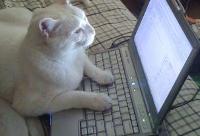









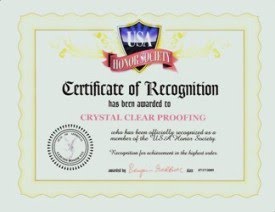






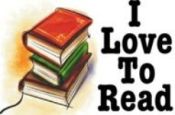




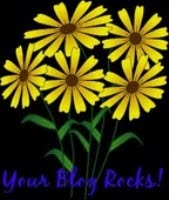






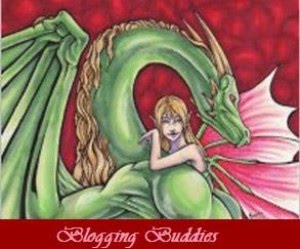











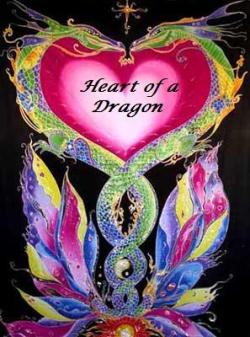


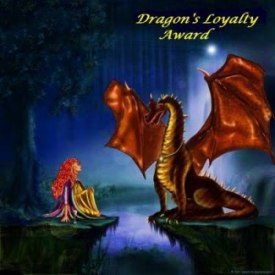





I got them all! Holy cow, I did it!
ReplyDeleteAnd I like Twenty-ten...
I got almost all of them. It's so easy, isn't it, to miss those little things that, in the end, make writing look polished or look "raw." This is a good exercise : ). I look forward to more Thursdays.
ReplyDelete"I got them all correct," said The Old Silly as he stretched and yawned, "That Crystal thought she had me for sure this time, the cute little whippersnapper, but I'm on to her tricks." He sighed in relief, knowing full well she'd stumped him more than once in the past and he had to be on top of his game whenever he visited this blog.
ReplyDeleteDiane: Woo Hoo! Great job!
ReplyDeleteKaren: Good for you! I'm so glad you find the Challenges fun!
Margot: So true! And it's usually the *little* things that are missed! Glad you stopped by; I look forward to more of your visits!
Marvin: You, my *special* friend, are a HOOT! Thanks for the chuckle!
Damn, missed one - and it was easy, too.
ReplyDeleteI got them all, too. I like the words you chose. I know I am very guilty of typing the wrong word when I get in a hurry.
ReplyDeleteWhat can I say, I read too fast and missed two. As always, you're the Grammar Goddess. Thanks for keeping us on our toes.
ReplyDeleteI love this. I'll be back! BTW, I have a question. You did not mention the use of -- rather than — (mdash), nor the fact that one use had a space before -- and the other didn't (inconsistent form). Do you have guidelines on dash usage?
ReplyDeleteSharon: Tomorrow's tutorial post is on dashes, and en and em dashes will be covered.
ReplyDeleteAs for the use of spaces before and after hyphens, or dashes, when there's a Thoroughly Thursday post (I state this at the beginning), I do not take liberty to change the punctuation in the paragraphs I use to put misspellings in for the Challenge. I leave the source's verbiage and punctuation verbatim.
Thanks for the clarification. I look forward to Dash Day, and plead guilty to overlooking the explanation at the beginning. That explains it all. I really like this system! I was just so eager to get into the challenge. :-)
ReplyDeleteI love your enthusiasm! See you tomorrow! :)
ReplyDelete